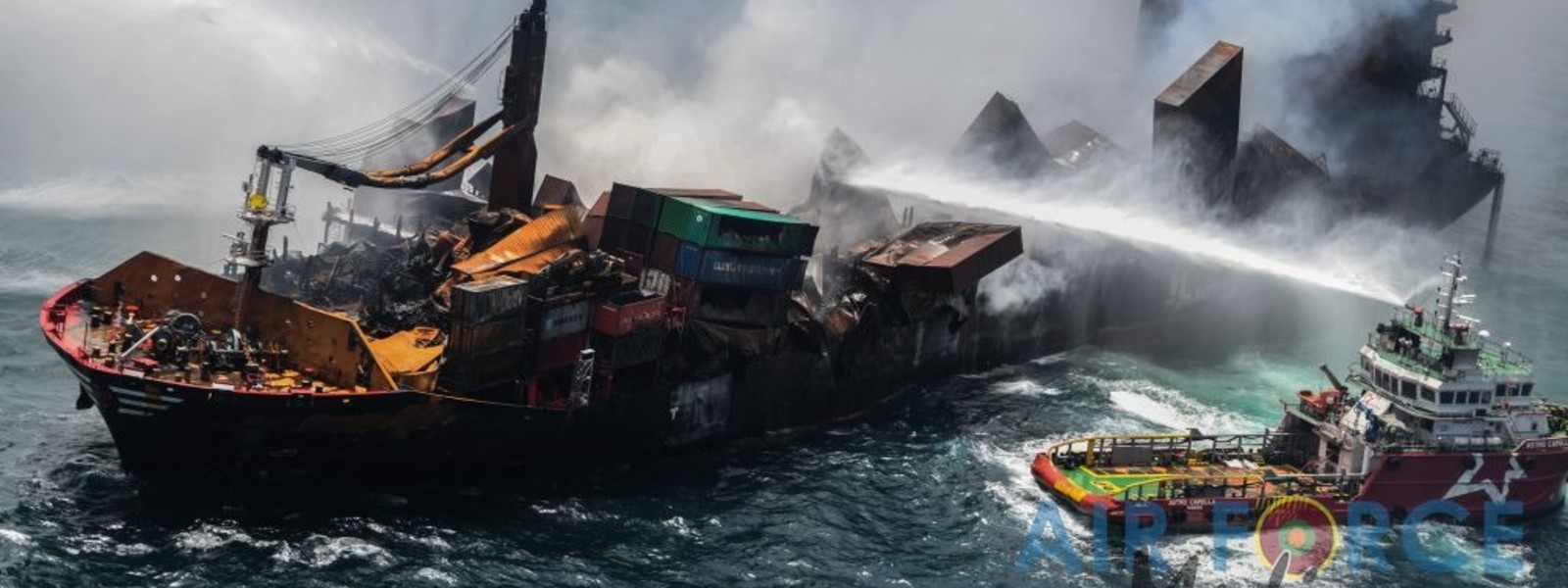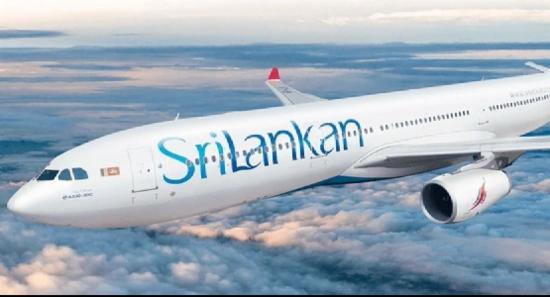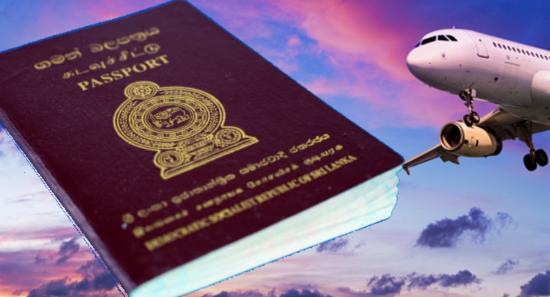.webp)

How One Shipwreck Poisoned The Sea & Silenced 200 Turtles
COLOMBO (News 1st); This year’s World Environment Day theme — “Beat Plastic Pollution” — resonates deeply with Sri Lanka, a country still grappling with the aftermath of one of the worst marine environmental disasters in recent history.
The theme brings to mind the X-Press Pearl maritime disaster, which occurred four years ago, releasing nearly 2,000 metric tons of plastic pellets into the Sea Of Sri Lanka.
The incident is widely regarded as one of the largest oceanic plastic pollution events in modern history.
As the world focuses on reducing plastic waste, Sri Lanka’s experience stands as a stark reminder of the urgent need for stronger environmental safeguards, better waste management, and global accountability.
"Your Honour, the harmful consequences of the chemical spill from the MV X-Press Pearl, which caught fire and was destroyed in Sri Lankan waters, are not limited to the present—they will continue to affect the Sri Lankan people well into the future."
This statement was recorded in the Supreme Court on the 5th of last February.
It was made by Counsel Himalee Kularathna during the hearing of fundamental rights petitions filed in response to the damage caused to the marine environment and fishing communities by the X-Press Pearl disaster.
Although the full extent of this massive destruction cannot be measured in rupees or dollars, an estimated loss of USD 6.4 billion has been calculated so far.
Even after four years, no effective outcome has been achieved regarding this matter.
The ship arrived from India’s Hazira Port on May 15, 2021.
It was carrying 25 tons of nitric acid, along with 1,486 containers of other chemicals and cosmetic products.
On May 19, 2021, the ship was halted 9.5 nautical miles off the coast near the Colombo Port.
The fire broke out on May 20.
However, it was later revealed that a nitric acid leak had occurred even before that.
Permission had been sought to offload the leaking container at India’s Hazira Port and Qatar’s Hamad Port, but both ports denied the request.
The reason given was that neither port had the necessary technology to handle such hazardous containers.
So, did the Colombo Port have these facilities?
Despite knowing that nitric acid was leaking from two containers, no action was taken for nine days, as revealed in investigations.
At the time, the minister in charge of the port visited the control room and gave instructions to extinguish the fire—we saw this happen.
Thirteen days after the fire began, the ship sank.
In addition to nitric acid, the ship carried numerous containers of plastic pellets used as raw material for plastic production.
These were released into the Sea of Sri Lanka—our Sea of Sri Lanka.
It is estimated that at least 1,680 metric tons of plastic pellets entered the sea this way.
Fish, turtles, and dolphins began to wash ashore, dead or dying.
More than 200 dead turtles were found in various locations.
The damage caused is beyond monetary value.
According to reports, the only known expenditures so far are the compensation paid to fishermen and the cost of cleaning the coastline.
However, former Justice Minister Wijeyadasa Rajapakshe revealed that a bribe of USD 250 million had been offered.
The Criminal Investigation Department submitted a confidential report on this to the Supreme Court.
The issue of compensation remains unresolved.
Legal proceedings are ongoing in Sri Lanka.
There are also legal proceedings in Singapore.
However, the Attorney General’s Department has stated that the case in Singapore has now been suspended.
The reason: the shipping company obtained a court order from a British court to limit the compensation.
It has also been revealed that a large volume of data and emails from the ship’s system were deliberately deleted after the fire.
Meanwhile, the ship, which had been broken into parts, has now been removed.
Did someone profit from the destruction of the X-Press Pearl?
Is that why Sri Lanka has still not received fair compensation?
These are questions that must be investigated.
They must be investigated urgently.
This massive marine environmental disaster must not be allowed to fade away with time.
Other Articles
Featured News





.png )

-794013_550x300.jpg)

-794001_550x300.jpg)




-792874_550x300.jpg)
-792612_550x300.jpg)
-789996_550x300.jpg)
-789879_550x300.jpg)
-789357_550x300.jpg)








.webp)






